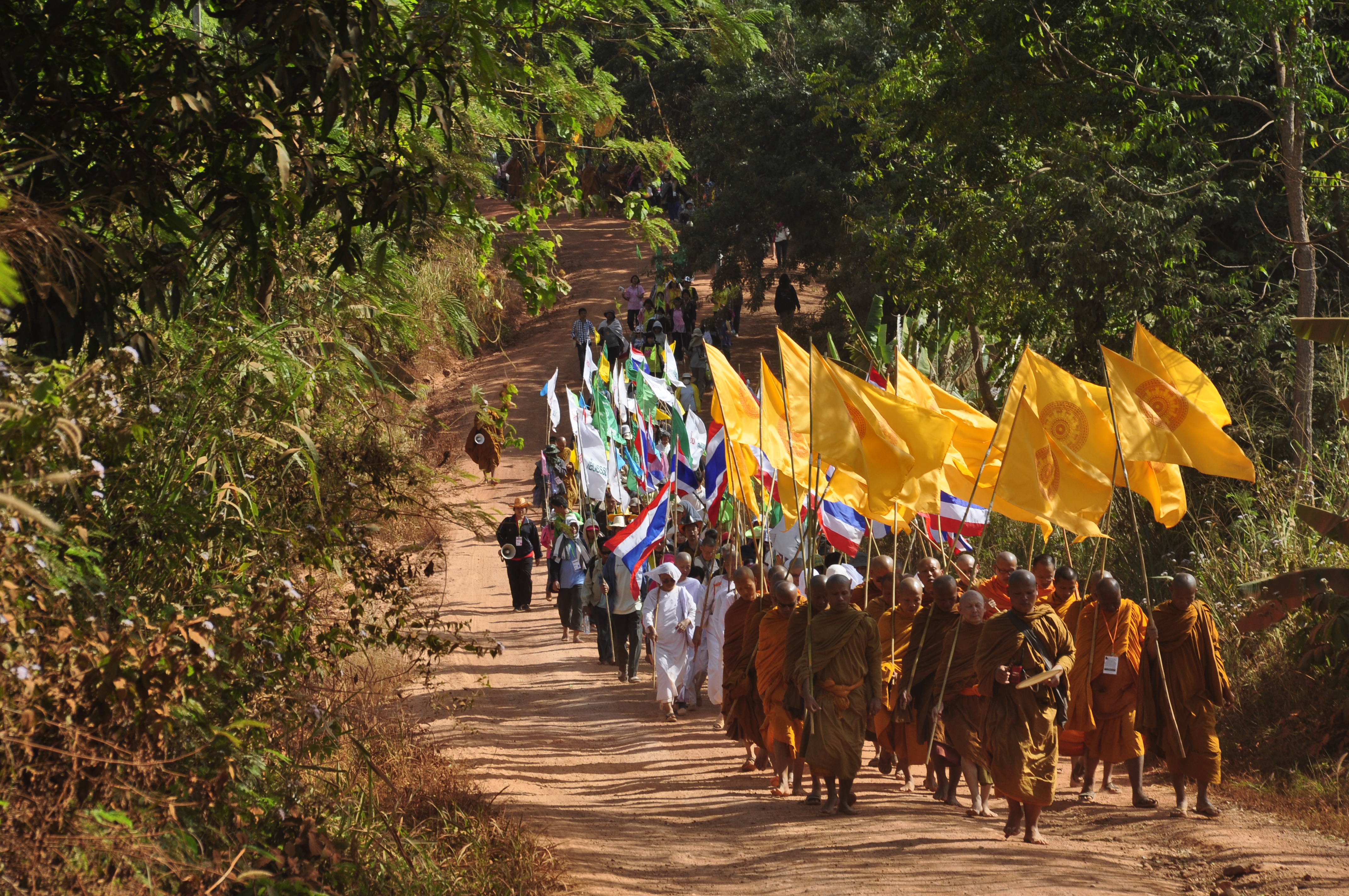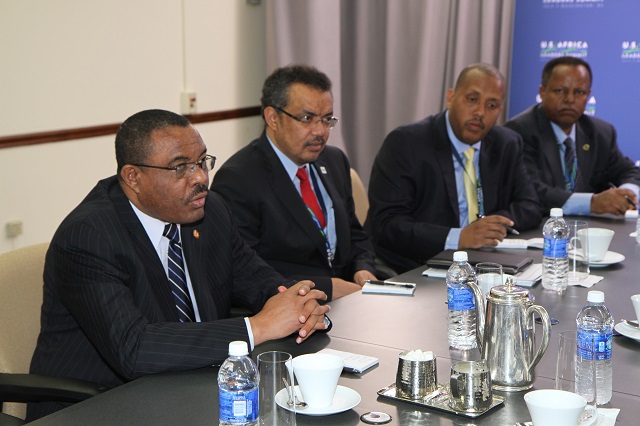|
Burayu Massacre
The Burayu massacre ( om, Ajjeechaa Burraayyuu, am, የቡራዩ ጭፍጨፋ) was a series of communal clashes which occurred in the vicinity of the Ethiopian town of Burayu, in the Oromia Region, on 14–16 September 2018. Individuals from the Oromo and Dorze ethnicities fought in and around Burayu, a town in Oromia Region which is located near the northwest boundary of Addis Ababa, the federal capital. Different sources cite number of civilians killed both from Oromo and non-Oromo ethnicity. Background Since 2016, Ethiopia had been gripped by repeated waves of unrest and protest against the ruling Ethiopian Peoples' Revolutionary Democratic Front, despite the EPRDF's victory in 2015 general elections (in which it and its allies won all seats in the lower house of parliament), which were not considered credible by international observers. These protests displayed a considerable degree of inter-ethnic solidarity. Prime Minister Hailemariam Dessalegn resigned in April 2018 ... [...More Info...] [...Related Items...] OR: [Wikipedia] [Google] [Baidu] |
Oromo Conflict (2021)
The OLA insurgency is an armed conflict between the Oromo Liberation Army (OLA), which Oromo Liberation Front#Peace and split of Oromo Liberation Army (OLA) from OLF, split from the Oromo Liberation Front (OLF) in 2018, and the Ethiopian National Defense Force (ENDF), continuing in the context of the long-term Oromo conflict, typically dated to have started with the formation of the Oromo Liberation Front in 1973. Background The Oromo conflict dates back to at least the formation of the Oromo Liberation Front in 1973, evolving from the Bale revolt, Bale Revolt that started in the 1960s in response to perceived injustices by the groups in power against Oromo people. In August 2018, the OLF made peace settlements with the Ethiopian government, along with several other groups, including the Ogaden National Liberation Front and Ginbot 7. The OLF leadership agreed to disarm its soldiers within 15 days of their arrival in Addis Ababa. According to then-OLF leader Ibsa Negewo, the OLF ... [...More Info...] [...Related Items...] OR: [Wikipedia] [Google] [Baidu] |
Communal Violence
Communal violence is a form of violence that is perpetrated across ethnic or communal lines, the violent parties feel solidarity for their respective groups, and victims are chosen based upon group membership. The term includes conflicts, riots and other forms of violence between communities of different religious faith or ethnic origins. United Nations Office on Drugs and Crime includes any conflict and form of violence between communities of different religious group, different sects or tribes of same religious group, clans, ethnic origins or national origin as communal violence.Homicide, Violence and Conflict UNODC, United Nations However, this excludes conflict between two individuals or two families. Communal violence is found in Africa, the Americas, Asia, Europe and Australia. The term "communal violen ... [...More Info...] [...Related Items...] OR: [Wikipedia] [Google] [Baidu] |
Amhara Region
The Amhara Region ( am, አማራ ክልል, Åmara Kilil), officially the Amhara National Regional State (), is a regional state in northern Ethiopia and the homeland of the Amhara people. Its capital is Bahir Dar which is the seat of the Regional Government of Amhara. Amhara is the site of the largest inland body of water in Ethiopia, Lake Tana (which is the source of the Blue Nile), and Semien Mountains National Park (which includes Ras Dashan, the highest point in Ethiopia). Amhara is bordered by Sudan to the west and northwest and by other the regions of Ethiopia: Tigray to the north, Afar to the east, Benishangul-Gumuz to the west and southwest, and Oromia to the south. History During the Ethiopian Empire, Amhara included several provinces (such as Dembiya, Gojjam, Begemder, Angot, Wollo, Shewa and Lasta), most of which were ruled by native Ras or Negus. The current Amhara region corresponds to often large parts of the former provinces of Begemder, Dembiya, Angot, B ... [...More Info...] [...Related Items...] OR: [Wikipedia] [Google] [Baidu] |
Oromia Zone
The Oromia Zone ( om, Godina Oromiyaa; Amharic: ኦሮሚያ ዞን) is a zone in Amhara Region of Ethiopia. Oromia is named for the Oromo people, who settled along the edge of the Ethiopian Highlands that form this Zone. Oromia Zone is bordered on the southwest by North Shewa Zone, on the northwest by South Wollo and Argobba special woreda, and on the east by the Afar Region. The Zone consists of 7 Woredas which are Artuma Fursi, Bati, Bati Town, Dewa Cheffa, Dewa Harewa, Jilye Tumuga and Kemisie town. Kemise is the administrative center of the Zone. The Oromia Zone was created in the late summer of 1994, according to one account in response to pressure from the Oromo Liberation Front, which was actively agitating for autonomy for Wollo Oromo during late 1991 and early 1992. Four woredas were taken from Debub Wollo—Baati, Dewe, Esseya Gulla and Artuma—and two woredas from Semien Shewa—Fursi and Senbete—and appointing Kamisee to be the Zonal capital. The new zone was or ... [...More Info...] [...Related Items...] OR: [Wikipedia] [Google] [Baidu] |
Ethiopian Empire
The Ethiopian Empire (), also formerly known by the exonym Abyssinia, or just simply known as Ethiopia (; Amharic and Tigrinya: ኢትዮጵያ , , Oromo: Itoophiyaa, Somali: Itoobiya, Afar: ''Itiyoophiyaa''), was an empire that historically spanned the geographical area of present-day Ethiopia and Eritrea from the establishment of the Solomonic dynasty by Yekuno Amlak approximately in 1270 until the 1974 coup d'etat of Emperor Haile Selassie by the Derg. By 1896, the Empire incorporated other regions such as Hararghe, Gurage and Wolayita, and saw its largest expansion with the federation of Eritrea in 1952. Throughout much of its existence, it was surrounded by hostile forces in the African Horn; however, it managed to develop and preserve a kingdom based on its ancient form of Christianity. Founded in 1270 by the Solomonic Dynasty nobleman Yekuno Amlak, who claimed to descend from the last Aksumite king and ultimately the Biblical Menelik I and the Queen of Sheba, i ... [...More Info...] [...Related Items...] OR: [Wikipedia] [Google] [Baidu] |
Self-determination
The right of a people to self-determination is a cardinal principle in modern international law (commonly regarded as a ''jus cogens'' rule), binding, as such, on the United Nations as authoritative interpretation of the Charter's norms. It states that peoples, based on respect for the principle of equal rights and fair equality of opportunity, have the right to freely choose their sovereignty and international political status with no interference. The concept was first expressed in the 1860s, and spread rapidly thereafter. During and after World War I, the principle was encouraged by both Soviet Premier Vladimir Lenin and United States President Woodrow Wilson. Having announced his Fourteen Points on 8 January 1918, on 11 February 1918 Wilson stated: "National aspirations must be respected; people may now be dominated and governed only by their own consent. 'Self determination' is not a mere phrase; it is an imperative principle of action." During World War II, the princip ... [...More Info...] [...Related Items...] OR: [Wikipedia] [Google] [Baidu] |
Political Party
A political party is an organization that coordinates candidates to compete in a particular country's elections. It is common for the members of a party to hold similar ideas about politics, and parties may promote specific political ideology, ideological or policy goals. Political parties have become a major part of the politics of almost every country, as modern party organizations developed and spread around the world over the last few centuries. It is extremely rare for a country to have Non-partisan democracy, no political parties. Some countries have Single-party state, only one political party while others have Multi-party system, several. Parties are important in the politics of autocracies as well as democracies, though usually democracies have more political parties than autocracies. Autocracies often have a single party that governs the country, and some political scientists consider competition between two or more parties to be an essential part of democracy. Part ... [...More Info...] [...Related Items...] OR: [Wikipedia] [Google] [Baidu] |
Quartz (publication)
''Quartz'' is an online news platform in English. It is focused on international business news. Quartz is privately held and was established in New York City in 2012. It is published in the United States with global business news and has specific publications for Africa, Hong Kong, India, Japan, and the United Arab Emirates. Audience and revenue ''Quartz'' targets high-earning readers, calling itself a "digitally native news outlet for business people in the new global economy". Sixty percent of its readers access the site via mobile devices. In August 2017, ''Quartz''s website saw about 22 million unique visitors. Approximately 700,000 people subscribe to its roster of email newsletters, which includes its flagship ''Daily Brief''. According to ''Ad Age'', ''Quartz'' made around $30 million in revenue in 2016, and employed 175 people. In 2017, revenue decreased to $27.6 million as advertising shrank. Uzabase (Japanese: ユーザベース) purchased the organization for $8 ... [...More Info...] [...Related Items...] OR: [Wikipedia] [Google] [Baidu] |
BBC News
BBC News is an operational business division of the British Broadcasting Corporation (BBC) responsible for the gathering and broadcasting of news and current affairs in the UK and around the world. The department is the world's largest broadcast news organisation and generates about 120 hours of radio and television output each day, as well as online news coverage. The service maintains 50 foreign news bureaus with more than 250 correspondents around the world. Deborah Turness has been the CEO of news and current affairs since September 2022. In 2019, it was reported in an Ofcom report that the BBC spent £136m on news during the period April 2018 to March 2019. BBC News' domestic, global and online news divisions are housed within the largest live newsroom in Europe, in Broadcasting House in central London. Parliamentary coverage is produced and broadcast from studios in London. Through BBC English Regions, the BBC also has regional centres across England and national news c ... [...More Info...] [...Related Items...] OR: [Wikipedia] [Google] [Baidu] |
Abiy Ahmed
Abiy Ahmed Ali ( om, Abiyi Ahmed Alii; am, አብይ አሕመድ ዐሊ; born 15 August 1976) is an Ethiopian politician who has been the 4th prime minister of the Federal Democratic Republic of Ethiopia since 2 April 2018. He won the 2019 Nobel Peace Prize for his work in ending the 20-year post-war territorial stalemate between Ethiopia and Eritrea. Abiy was the third chairman of the Ethiopian People's Revolutionary Democratic Front (EPRDF) that governed Ethiopia for 28 years and the first Oromo in that position. Abiy is an elected member of the Ethiopian parliament, and was a member of the Oromo Democratic Party (ODP), one of the then four coalition parties of the EPRDF, until its rule ceased in 2019 and he formed his own party, the Prosperity Party. In June 2020, Abiy, in concert with the National Election Board of Ethiopia (NEBE), decided to postpone scheduled parliamentary elections due to the COVID-19 pandemic. This move prompted criticism, especially from the op ... [...More Info...] [...Related Items...] OR: [Wikipedia] [Google] [Baidu] |
Hailemariam Dessalegn
Hailemariam Desalegn Boshe ( amh, ኃይለማሪያም ደሳለኝ ቦሼ; born 19 July 1965) is an Ethiopian politician who served as Prime Minister of Ethiopia, prime minister of Ethiopia from 2012 to 2018. He also previously served as deputy prime minister and Ministry of Foreign Affairs (Ethiopia), Minister of Foreign Affairs under Prime Minister Meles Zenawi from 2010 to 2012. After Meles' death in August 2012, Hailemariam succeeded him as prime minister, initially in an Acting Prime Minister, acting capacity. He was then elected as the chair of the Ethiopian People's Revolutionary Democratic Front, EPRDF, the ruling party, on 15 September 2012. Hailemariam also served as the Chairperson of the African Union, chairperson of the African Union from 2013 to 2014. He submitted his Abdication of Hailemariam Desalegn, resignation as prime minister and chair of the EPRDF on 15 February 2018 in response to the fallout from 2016 Ethiopian protests, mass protests and unrest in 2016. ... [...More Info...] [...Related Items...] OR: [Wikipedia] [Google] [Baidu] |


.jpg)



